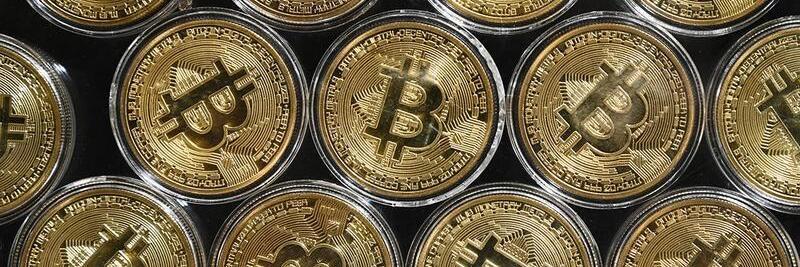[FEATURING] SCI Ventures: Experts optimistic on Bitcoin in PH
THE improving adoption of digital technology in the Philippines is providing an enabling environment for the development of Bitcoin technology in the country.
This is according to cryptocurrency experts who shared their insights during the University of the Philippines College of Business Administration Alumni Association’s webinar on “Everything You Wanted To Know About Cryptocurrency But Were Afraid to Ask” held on Friday.
Speakers during the webinar are Miguel Cuneta, the co-founder of SCI Ventures Inc. and virtual currency exchange Rebittance Inc.; and Jardine Gerodias, the co-founder and chairman of blockchain and fintech company Satoshi Citadel Industries.
Cuneta explained that Bitcoin is a technology that solves double spending problem. It is purely a peer-to peer-version of electronic cash that would allow online payments to be sent directly from one party to another without going through a financial institution.
BSP yields P90B from securities sale
“Bitcoin is not some kind of brand…It’s really just open-source software, it’s software that anyone can audit, and it’s free to use all over the world by anybody.”
Being the number one cryptocurrency in the world, Cuneta said one bitcoin is worth $54,000 today.
“A year ago, one Bitcoin was worth about $6,000. So, there’s been a very, very rapid increase in the value of Bitcoin over the last 12 months.”
Asked about the future of Bitcoin in the country, Cuneta emphasized that the Philippine economy today is becoming more digital and open to new technologies. This, he added, opens opportunities for technologies like Bitcoin to develop further.
Firms gloomy on their financial conditions
“So, a technology like Bitcoin being accessible to everyone without permission, will go through its stages of growth, I think. And it’s going to have a place.”
Despite this, Cuneta stressed that bitcoin is not going to replace, for example, central bank
currencies or becoming the world’s reserve currency.
“I think that’s a little bit extreme but in terms of storing value, transferring value, being an option to people all over the world, that’s where its power is because it’s all voluntary.”
Another reason for this upbeat view is the enabling environment that the regulators provide for cryptocurrencies, according to Gerodias.
Cryptocurrency now a $2T industry
In particular, he applauded the Bangko Sentral ng Pilipinas’ (BSP) regulatory supervision on cryptocurrency exchanges.
“Around seven years ago there were two or three bitcoin companies including us who wants to really legitimize the market only because during that time there were also a lot of bitcoin scams going around mostly focused on multi-level marketing so our pyramid schemes.”
Gerodias said the BSP’s response to this is to regulate these exchange companies similar to how the remittance companies is being regulated in the country.
“So we do a lot of KYCs [know your customers]. At the end of the day, people holding bitcoins need a place to exchange this to fiat money, to Philippine peso, and that’s how the BSP did it,” he added.
Gerodias is referring to Circular 944 that the central bank issued back in 2017 that regulates virtual currency (VC) transactions, and sets guidelines for the operation of virtual currency exchanges (VCE).
Operators of automated teller machine that allow purchase or exchange of VCs, for example, bitcoin, must register with the BSP as VCEs under Circular 944.
Lastly, the experts advised the public who are interested to buy bitcoins to transact only with BSP-licensed exchanges.
“I think there are 15 companies that are licensed by the BSP today, to allow people to buy and sell bitcoins and other cryptocurrencies. So, it’s getting there, I think it’s starting to creep in and become part of daily internet commerce,” Cuneta said.

